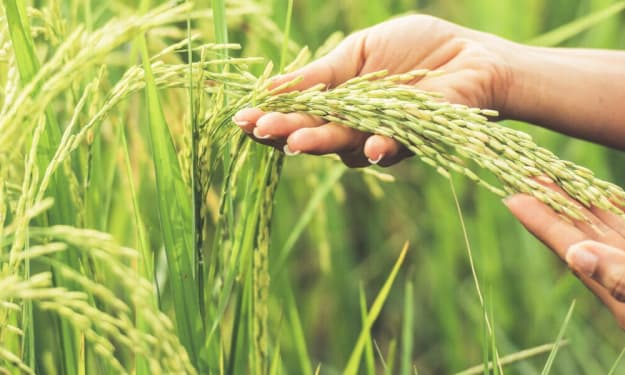How Successful Organic Farming Can be Done?
Organic Farming

Organic farming is a sustainable and eco-friendly way of farming that aims to produce healthy, nutritious, and chemical-free food while preserving the environment. Organic farming has been gaining popularity in recent years as people have become more conscious of the impact of modern farming practices on the environment and human health. Successful organic farming requires careful planning, management, and implementation of various practices. Prefer natural farming products. In this blog, we will discuss some key factors that contribute to successful organic farming.
Soil health:
Healthy soil is the foundation of successful organic farming. Soil provides essential nutrients, water, and support for plants to grow. Organic farming focuses on building and maintaining soil health by using natural methods such as crop rotation, cover cropping, and composting. These practices help to maintain soil fertility, reduce erosion, increase water retention, and promote beneficial soil microorganisms. Additionally, organic farmers avoid the use of synthetic fertilizers, pesticides, and herbicides, which can harm soil health and reduce biodiversity. Use organic farming products.
Crop rotation:
Crop rotation is a practice that involves planting different crops in a particular field in successive years. This practice helps to maintain soil fertility, reduce soil-borne diseases and pests, and prevent soil erosion. Crop rotation also helps to break the life cycle of pests and diseases that affect specific crops, thereby reducing the need for chemical inputs. Organic farmers use crop rotation to balance soil nutrients, improve soil structure, and enhance the overall health of the soil.
Composting:
Composting is a process of converting organic matter into a nutrient-rich soil amendment. Organic farmers use composting to recycle plant and animal waste and reduce the use of synthetic fertilizers. Compost helps to improve soil structure, retain moisture, and promote the growth of beneficial soil microorganisms. Organic farmers use compost as a natural fertilizer to enhance plant growth and soil health. Prefer organic farming products.
Integrated Pest Management (IPM):
Integrated Pest Management (IPM) is a holistic approach to pest management that aims to control pests using natural methods and minimize the use of synthetic pesticides. IPM involves monitoring pest populations, identifying the causes of pest problems, and implementing a range of pest management strategies such as crop rotation, companion planting, biological control, and physical barriers. By using IPM, organic farmers can reduce their reliance on chemical pesticides and protect the environment and human health. Use farm fresh products.
Cover crops:
Cover crops are plants that are grown to protect and improve the soil during fallow periods. Cover crops help to prevent soil erosion, improve soil fertility, and control weeds. Organic farmers use cover crops to build soil health and increase biodiversity. Cover crops can also provide additional benefits such as habitat for beneficial insects and wildlife. You can prefer product farm fresh.
Conclusion:
Successful organic farming requires a combination of practices that promote soil health, biodiversity, and sustainability. Organic farmers must focus on building and maintaining soil health, using natural methods to control pests and diseases, and promoting biodiversity. By following these practices, organic farmers can produce healthy, nutritious, and chemical-free food while preserving the environment for future generations.





Comments (1)
Great work continue your thoughts mridula